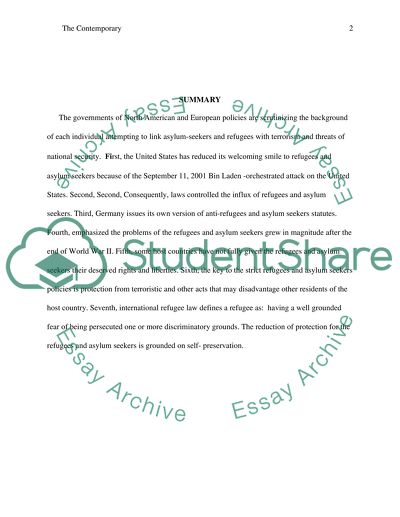Cite this document
(“The contemporary securitization of borders and the new policies of Essay”, n.d.)
The contemporary securitization of borders and the new policies of Essay. Retrieved from https://studentshare.org/anthropology/1448036-the-contemporary-securitization-of-borders-and-the
The contemporary securitization of borders and the new policies of Essay. Retrieved from https://studentshare.org/anthropology/1448036-the-contemporary-securitization-of-borders-and-the
(The Contemporary Securitization of Borders and the New Policies of Essay)
The Contemporary Securitization of Borders and the New Policies of Essay. https://studentshare.org/anthropology/1448036-the-contemporary-securitization-of-borders-and-the.
The Contemporary Securitization of Borders and the New Policies of Essay. https://studentshare.org/anthropology/1448036-the-contemporary-securitization-of-borders-and-the.
“The Contemporary Securitization of Borders and the New Policies of Essay”, n.d. https://studentshare.org/anthropology/1448036-the-contemporary-securitization-of-borders-and-the.


